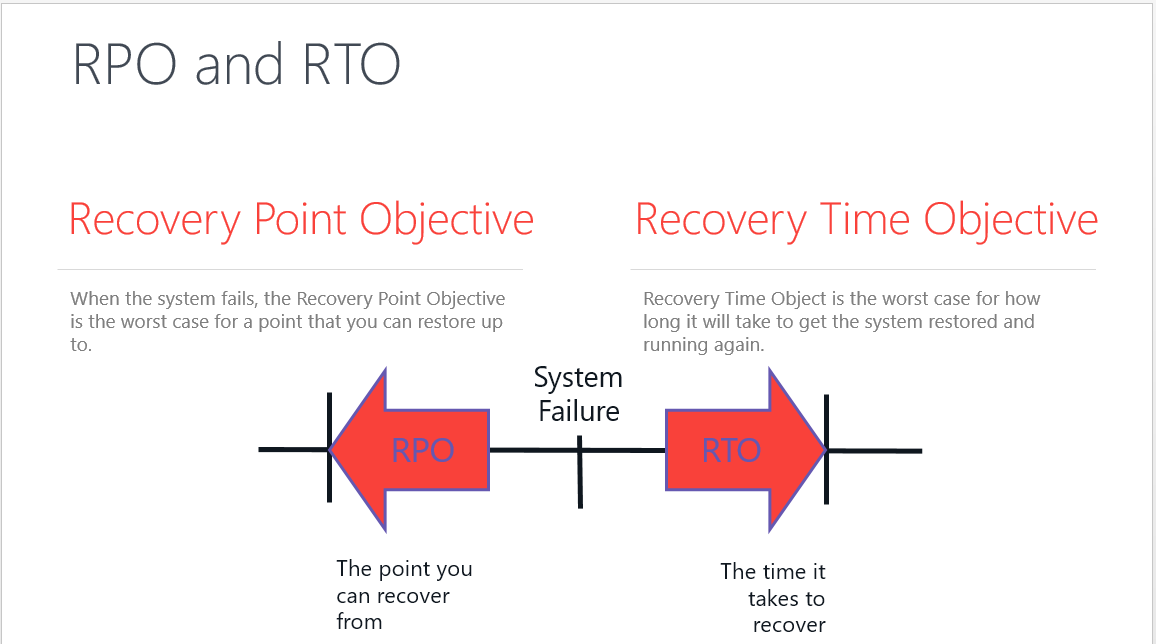The Perils of Neglecting Regular SQL Server Database Backups
Discover the risks of NOT backing up your SQL Server database and learn how to avoid the unwanted consequences. Even the most sophisticated system can… Read More »The Perils of Neglecting Regular SQL Server Database Backups








